Brainfood

Speak confidently, act courageously: How teams build psychological safety - Part 2
Psychological safety begins with behavior – but it only persists if it is structurally anchored.
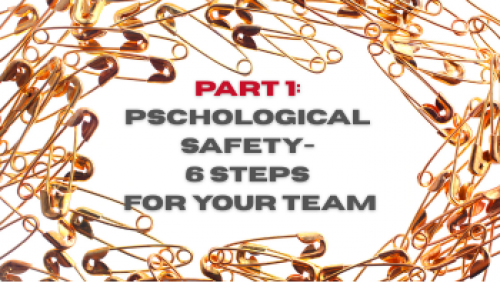
Speaking confidently, acting boldly: How teams build psychological safety - Part 1
Psychological safety is not a “nice to have”, but an essential prerequisite for productive, innovative and resilient teams.

Strategy meets Purpose
We are talking about values again. More intensely, more loudly, sometimes more helplessly than ever before.

Why psychological safety is the value that really drives teams forward!
Do you want to include “trust” as one of your core values because it is important for implementing your strategy? Choose another one instead!
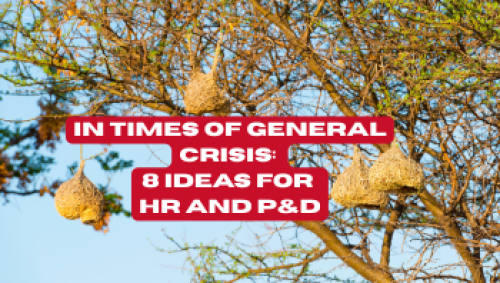
The choice is yours! Strengthening psychological safety: 8 ideas for HR initiatives
Uncertain times leave their mark – on companies, too. Rising anxiety, stress and insecurity are no longer a marginal phenomenon, but a real problem that affects work performance and corporate culture. But as a manager or HR professional, you can actively counteract this.
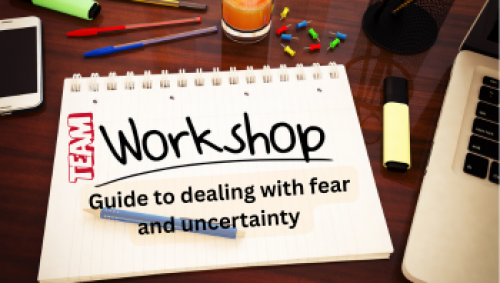
Quick help for your team: workshop guide for dealing with uncertainty
The world situation remains volatile: global crises, economic uncertainty and social tensions are causing insecurity – not only in our private lives, but also in companies. Managers are increasingly aware that fear and stress affect motivation, collaboration and productivity. But what can be done?
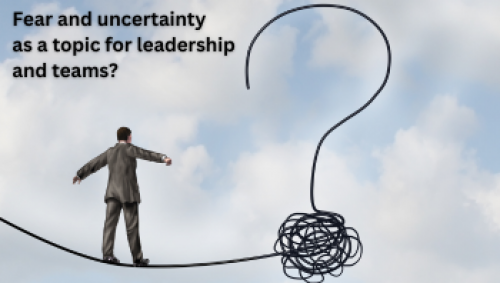
Teams and leadership: stay healthy in crises
Crises and stress change companies. Find out why long-term stress influences personality, what biological consequences occur and how companies can take countermeasures.
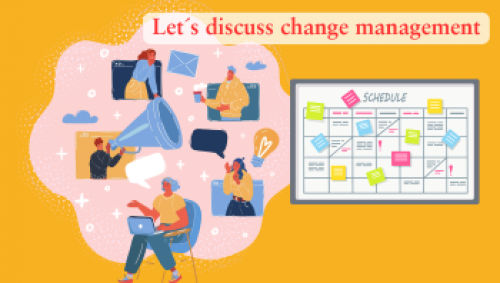
Why professional communication is key to change projects!
– A passionate appeal to all those who are responsible for and shape change!
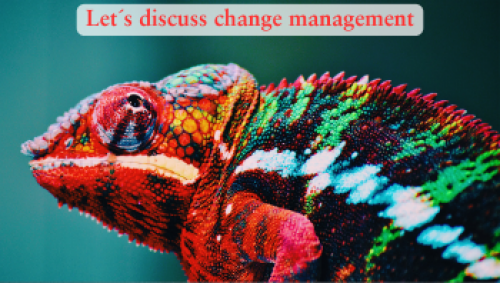
Resistance when it comes to Change Management? I can't hear it anymore!
We often hear the following question from many managers, HR managers and business consultants: “How should we deal with resistance from our employees when it comes to change management? Especially when we want to convince our employees or the entire workforce of a strategic change?”
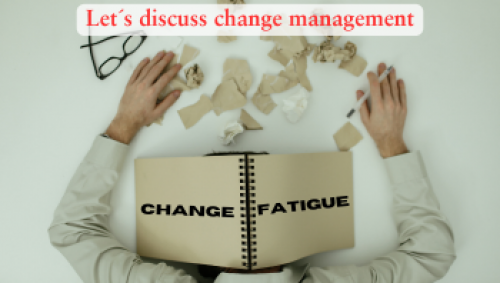
Change Fatigue
Change fatigue as a challenge for change management / corporate governance
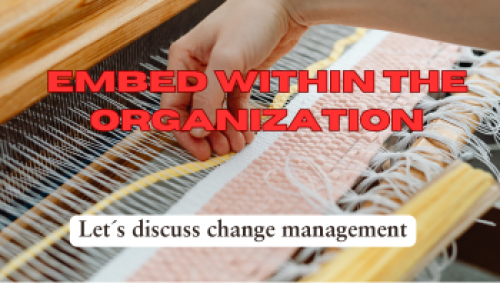
What is the best way to anchor Change Management 2.0 in my company?
The speed and intensity of change requires companies not only to be adaptable, but also to fundamentally realign and probably professionalize their change competence.

Change management and change managers: systemic process designers instead of gardeners in the Shire
The speed and intensity with which companies are facing changes is reminiscent of a tsunami:

Rapid strategic-operational response in times of crisis: Acting agile with IRIS
The purpose of a strategy is to enable anticipatory, creative adaptation to massive external influences. A guided approach and the use of AI tools enable high speed and efficiency here.

When values suddenly become worthless...
...What the sudden change in corporate values really means (and how to do it better)!

All Rights Reserved
Get in touch
-
+49-(0)941 600 93 003
-
This email address is being protected from spambots. You need JavaScript enabled to view it. -
Thomas_Huber
ToChange Gmbh
-
Thomas Huber
-
Traubengasse 6
-
D-93059 Regensburg

